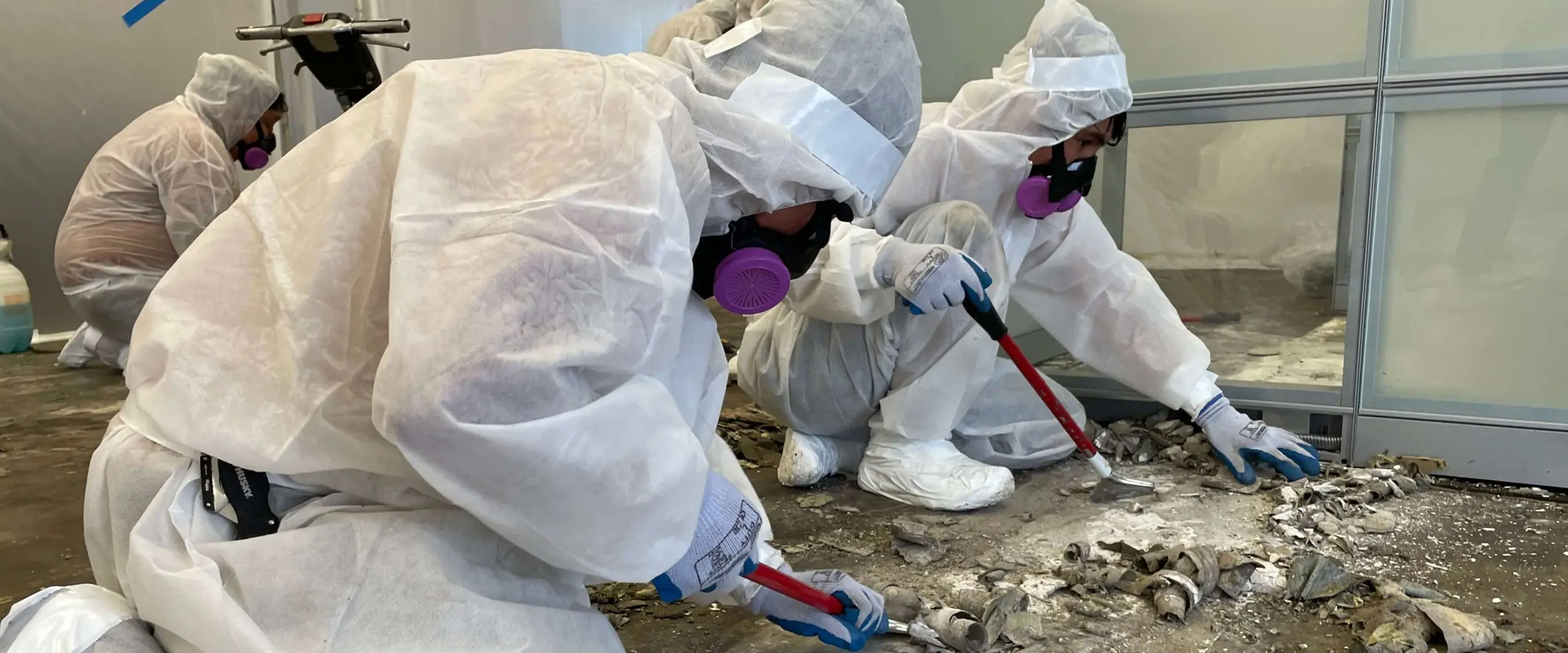Removal of Asbestos and Mercury in India
Introduction:
Asbestos and mercury are hazardous substances that pose significant risks to human health and the environment. India, like many other countries, faces the challenge of dealing with these toxic materials safely and effectively. In this article, we will delve into the process of removing asbestos and mercury in India, the importance of proper disposal, the potential dangers associated with mishandling these materials, and the steps being taken to address this pressing issue.
Understanding Asbestos and Mercury
Before we dive into the removal process, it’s essential to grasp the nature of asbestos and mercury. Asbestos is a naturally occurring mineral that was once widely used in various industries due to its heat-resistant properties. However, prolonged exposure to asbestos fibers can lead to severe health problems, including lung cancer and mesothelioma. Mercury, on the other hand, is a toxic metal found in various products, such as thermometers and fluorescent bulbs. Exposure to mercury can cause neurological damage and harm the environment when improperly discarded.
The Hazards of Asbestos and Mercury
The improper handling and disposal of asbestos and mercury pose significant risks to human health and the ecosystem. Asbestos fibers, when disturbed, can become airborne and inhaled, leading to long-term health consequences for those exposed. Similarly, mercury released into the environment can contaminate water bodies and accumulate in the food chain, eventually affecting humans and wildlife. Therefore, it is crucial to implement stringent measures to prevent these hazardous materials from causing harm.
Asbestos and Mercury Removal Process
The Removal of Asbestos and Mercury in India requires careful planning and execution. In India, specialized teams of professionals equipped with proper safety gear undertake these tasks. Asbestos removal involves a series of steps, including site assessment, containment, removal, and proper disposal. The removal team first assesses the site to determine the extent of asbestos presence and devises a removal plan accordingly. During the removal process, the area is adequately contained to prevent asbestos fibers from spreading. Once removed, the asbestos waste is carefully packaged and transported to authorized disposal facilities.
Tailored Solutions for Diverse Environments
One of the key advantages of professional decontamination cleaning services in india is their ability to provide tailored solutions for various environments. Whether it’s an office, hospital, school, hotel, or residential space, these services can adapt their approach to meet the unique needs of each setting, maximizing effectiveness and efficiency.
Similarly, mercury removal follows strict protocols to avoid exposure. Trained personnel carefully handle items containing mercury, such as thermometers and fluorescent bulbs, and ensure that the mercury is securely collected. Then, it is transported to specialized recycling facilities or designated hazardous waste treatment plants for safe disposal.
Challenges and Solutions
India faces several challenges in effectively managing asbestos and mercury removal. One significant challenge is the lack of awareness among the general public and even some industries about the risks associated with these materials. Additionally, improper disposal practices and a lack of appropriate facilities for treatment and disposal exacerbate the issue.
To address these challenges, the Indian government is implementing awareness campaigns to educate people about the dangers of asbestos and mercury. Furthermore, regulations have been strengthened to enforce proper handling, removal, and disposal procedures. The establishment of more hazardous waste treatment facilities across the country is also being promoted to ensure safe and sustainable disposal.
Conclusion:
The removal of asbestos and mercury in India is an urgent matter that demands attention. Proper handling and disposal of these hazardous materials are essential to safeguard human health and protect the environment. Through stringent regulations, awareness campaigns, and the establishment of more treatment facilities, India is taking significant strides to tackle this issue head-on. By prioritizing the safe removal and disposal of asbestos and mercury, we can create a healthier and safer environment for current and future generations.

